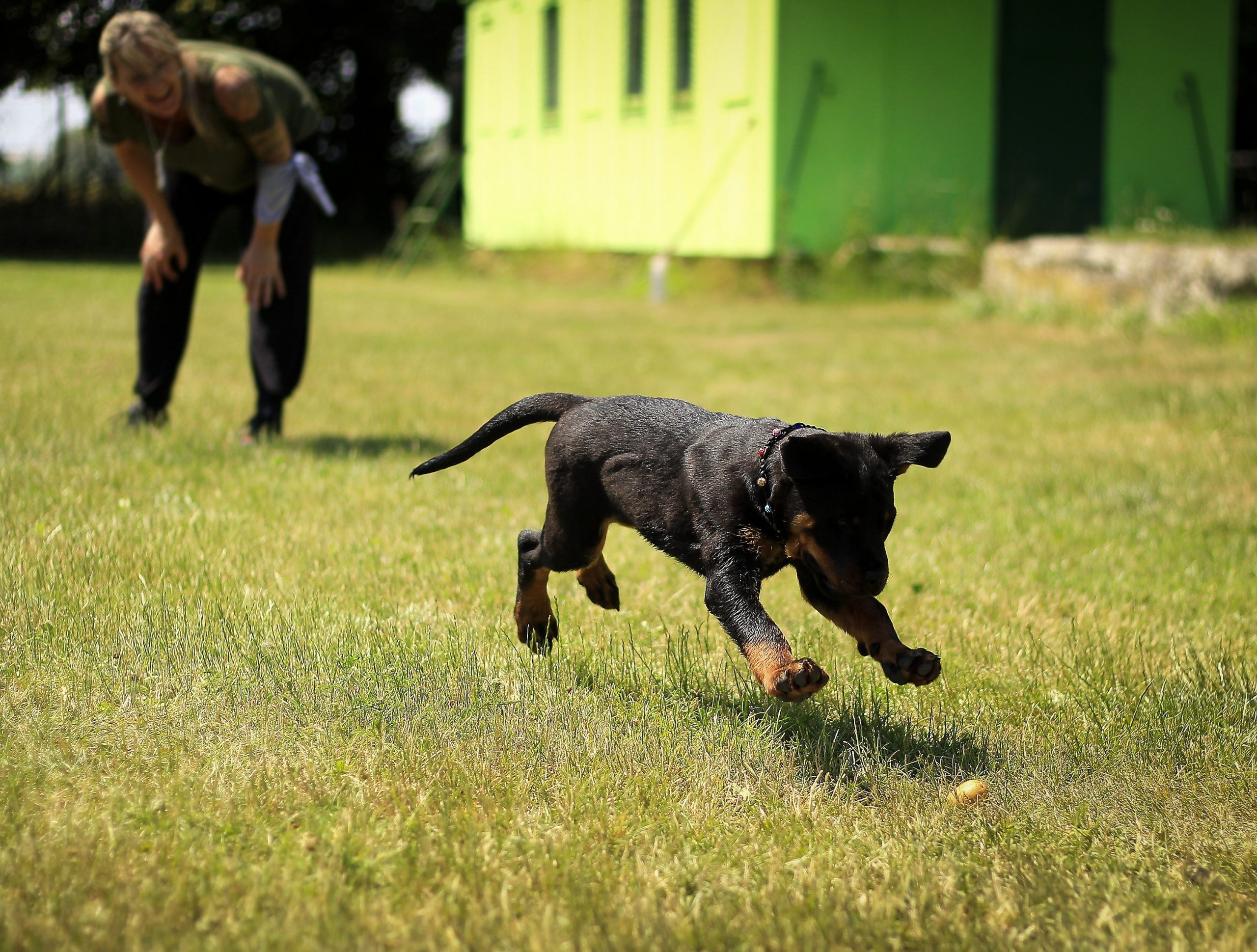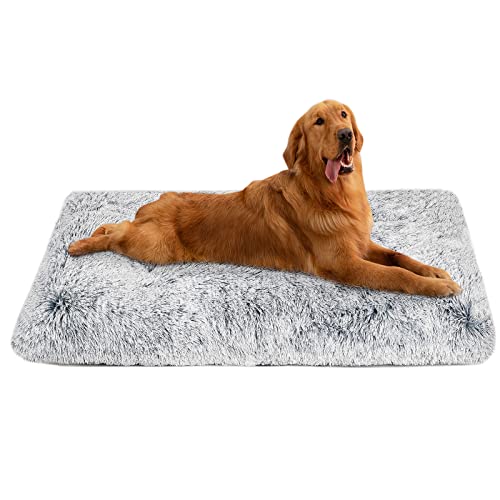
Puppy parents can ensure their new pet thrives by adhering to these simple instructions on how to take care of a puppy.
How to Take Care of Your New Puppy
A new pet is always a joy to welcome into the household. Although they are cute, puppies need a lot of care and attention. You can learn some advice on how to care for your new furry pet from this tutorial.
A new puppy’s first few weeks are crucial as they adjust to their new home and family. It is important that you exercise patience and consistency during this period. Additionally, it’s recommended to provide your puppy lots of toys to play with and a secure area to explore.
Puppies require a lot of physical activity, so be sure to play with them in the backyard or take them for walks. Don’t forget to give them access to food, water, and a bathroom as well. If you live in an apartment or don’t have a lot of outdoor area, puppy pads are a terrific alternative.
For puppies, grooming is crucial. It will help keep their coat healthy and free of matting if you brush them frequently. Puppies also require occasional baths and nail trimming.
As quickly as possible, take your puppy to the vet for treatment. They will require vaccinations, deworming, and possibly tick and flea treatment.
What You Will Need
Your new puppy needs much of care and attention throughout the first few months of life since it is a living, breathing animal. However, you must first make sure your puppy has all the equipment and supplies they require to live a happy and healthy life before you can begin caring for them.
Here are some of the supplies you’ll need for a brand-new puppy:
- A Place to Sleep – Puppies require their own blanket or bed to sleep on, preferably one other than your couch or bed. Pick a dog bed that is comfortable and simple to clean.
- A Place to Eat – Additionally, your puppy needs their own bowl for eating. This bowl could be made of stainless steel, which is hygienic and easy to clean. A shallow bowl should be used. This is crucial since pups have a natural tendency to tip their bowls while eating. You may stop your puppy from eating too quickly by using a shallow bowl. This may result in bloating and other health problems.
- Collars and Leashes – Before heading outside, your puppy will definitely need a collar and leash. Make sure the collar you choose for your puppy is wide enough for it to grow into, but not too big that it might get snagged on anything and become problematic. There are numerous varieties of collars available. We advise using a breakaway collar so that if your dog ever gets tangled up in something, it may securely untangle itself. Another excellent choice for a young puppy is a harness. This can help avoid neck injuries from your dog pulling too hard on the leash.
- A Crate – Crates are a great way to assist your new puppy get acclimated to being in a smaller space. The crate can be kept in the automobile or in a room of your home. It is ideal to begin crate training your puppy while they are still at the shelter or with their prior owner. If you have an adult dog, you can try utilizing a crate to keep them safe in case they injured.
- A Water Bowl – To stay hydrated, puppies need to drink a lot of water. Pick a bowl that is simple to wash and convenient for your puppy to drink from. The bowl may also be smaller for puppies because their mouths are smaller than those of adult dogs..
- Toys and Chew Toys – Puppies enjoy chewing and playing. Pick toys that are suitable for the age of your puppy. Avoid giving your puppy any toys that could cause dental damage or could be eaten. Avoid playing with toys that include tiny pieces that are easily ingested.
- Grooming Supplies – It’s crucial to begin brushing your puppy as soon as they arrive at your house, even if you select a puppy that doesn’t need to be brushed. They will become accustomed to the procedure and future grooming will be lot simpler as a result. Pick grooming supplies that are suitable for the age of your dog.
- Health Products – One of the most crucial things to keep in mind when taking care of a new puppy is maintaining their health. Select quality products that will contribute to the strength and health of your puppy.
Improving Dog Behavior and How to Take Care of a Puppy
There isn’t a single method of dog training that will be effective with every dog in every circumstance. However, there are certain fundamental suggestions that can assist you in training your dog and enhancing their behavior.
Start by training your dog to obey simple instructions like sit, stay, come, and down. These are fundamental instructions that every dog should understand. You can start teaching your dog more challenging activities as soon as he or she masters these commands.
Always rewarding your dog for good behavior and being consistent with your directions are crucial. Your dog is more likely to comply with your directions if they anticipate positive reinforcement for good behavior. The secret to effective dog training is positive reinforcement.
Along with training your dog, it’s critical to provide them enough exercise and attention. A bored dog is frequently a dog with behavior issues. Take your dog for walks and playing in the park, and make sure they have plenty of toys to play with.
A professional dog trainer should be consulted if you are having issues with your dog’s behavior. A qualified trainer can assist you in addressing any undesirable behaviors and can also offer guidance on how to take care of your dog.
Conclusion
In order to ensure a long and healthy life for their new pet, puppy owners should always make sure to provide their new pet the greatest care possible. When caring for a puppy, there are numerous factors to consider, including correct feeding, vaccinations, and training. Puppy parents may ensure that their new pet thrives by adhering to these straightforward instructions on how to take care of a puppy.


 Amazon.com
Amazon.com









